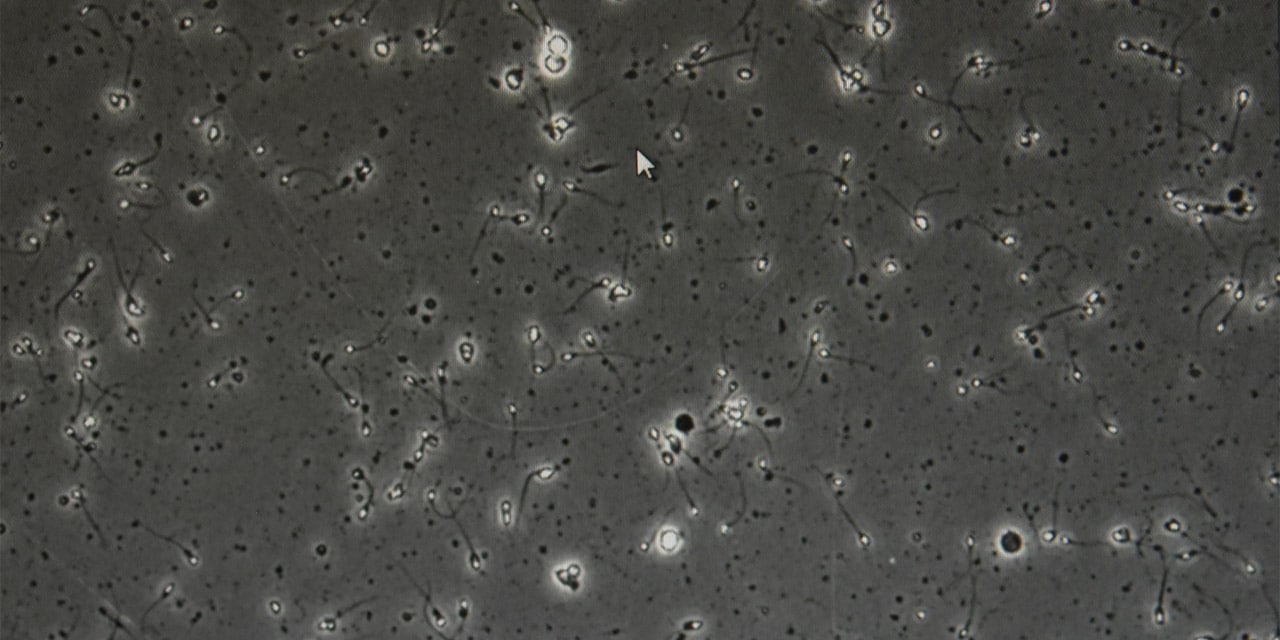Tips to make the «beta» wait more bearable
The most important thing is to stay calm. Whether or not the embryo implants into the womb does not hinge on what we do in that time, but rather on its inherent ability to make its way to a spot that is well-suited to promote its development. This means that whatever happens is out of your hands. In fact, most women do not realise that they are pregnant until one month after conception and carry on living their lives as normal in the meantime. However, you should know that:
- Generally speaking, it is advisable to avoid penetrative sex and immersion in water (e.g. swimming pools, Jacuzzi, the sea) for 48-72 hours post-transfer, to avoid the risk of infection or possible bleeding.
- You may do a little weight-lifting (without exerting yourself), practise moderate exercise (although it is important to avoid high impact exercise) and even colour your hair.
- In terms of medications, you are allowed the same ones as during pregnancy. Furthermore, women receiving hormone therapy should continue to do so until their doctor says otherwise. Always ask your doctor before taking any medicines if you’re not sure.
- You do not need to take complete rest or to stop working. Do not be alarmed if you notice any blood loss, as this is not necessarily an indicator of failed pregnancy. Call your doctor to get his advice.
- ß-HCG secretion starts after embryo implantation. It is responsible for promoting placental growth and the development of pregnancy. Levels of ß-HCG increase gradually as the pregnancy progresses (until the third trimester, where they stabilise). This is why you will need to wait a couple of weeks before getting the test, as levels may not be very high in the early days and give you a «false negative» result.


